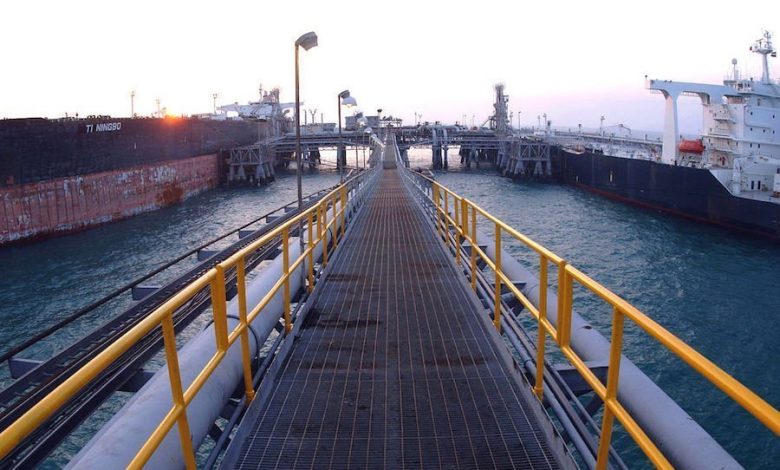Libya’s main oil export terminals closed

Tanker brokers are reporting that oil exports from Libya have come to near complete standstill.
Late last week forces loyal to the Libyan National Army (LNA) began shutting down oil ports along the Libyan coast. Latest reports suggest that almost all of Libya’s production has been taken offline as ports remain blockaded and storage tanks begin to fill.
The latest available information from Giubson suggests that crude exports have ceased from Marsa Al Hariga, Zueitina, Marsa El Brega, Ras Lanuf and Es Sider. Only the offshore terminals of Bouri and Farwah are reported to be operational, whilst some exports from Zawia and Mellitah have been observed, despite pipeline closures.
Gibson warned Libyan oil production has fallen from 1.3m barrels per day to 400,000 barrels and could soon fall to as low as 72,000 barrels, which would mark the lowest since 2011.
“The biggest uncertainty is how long Libya’s main export terminals will remain closed. Until the crisis is resolved, Mediterranean crude loadings are expected to fall, and regional freight rates may take a hit depending on how long the current situation lasts. However, tankers loading in other regions could benefit from a substitution effect. Regional refiners are expected to source alternative crude from the United States, West Africa and North West Europe, supporting longer haul Aframax and Suezmax movements. However, regional demand for Black Sea loading crudes could also compete with long haul buyers East of Suez,” Gibson stated in its latest weekly report.
